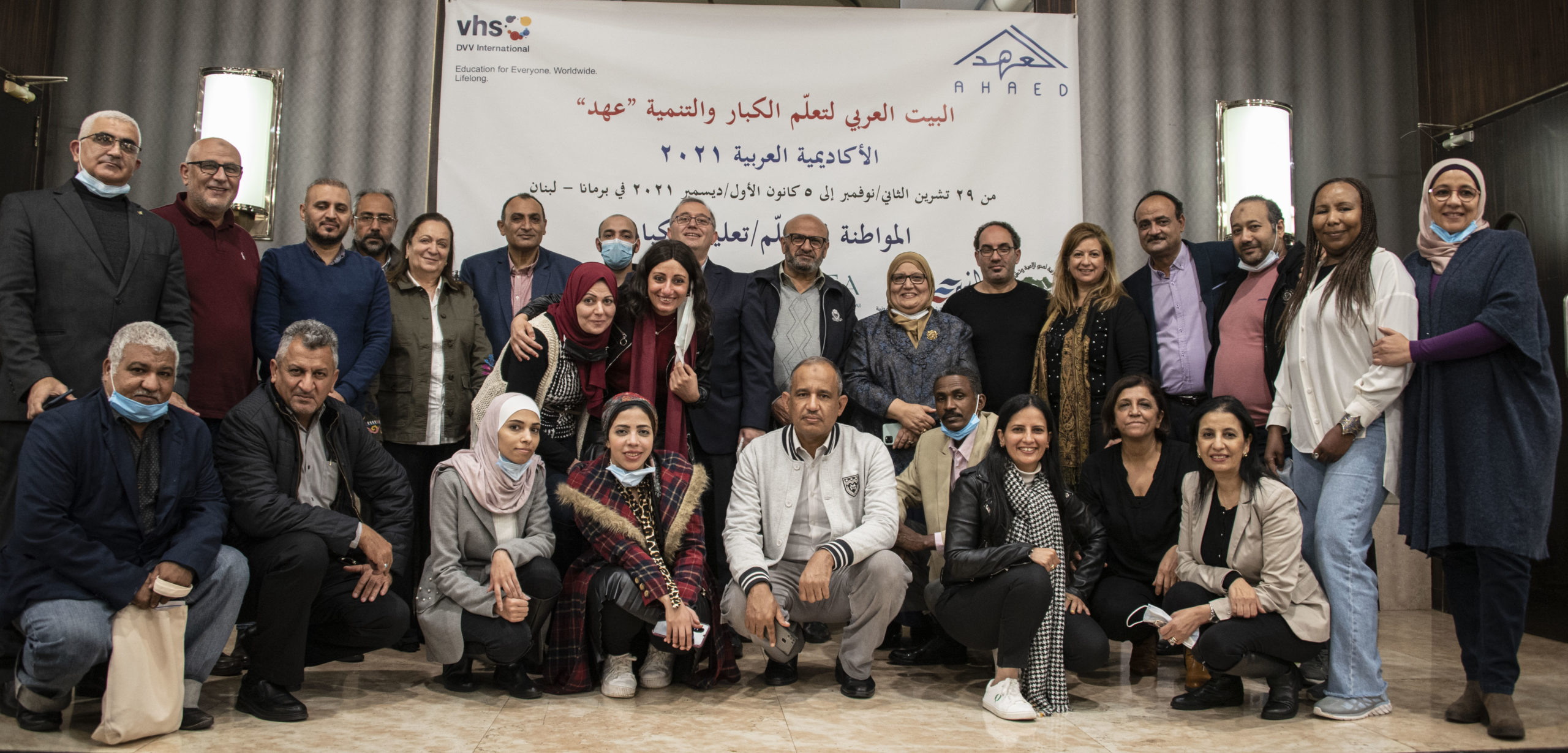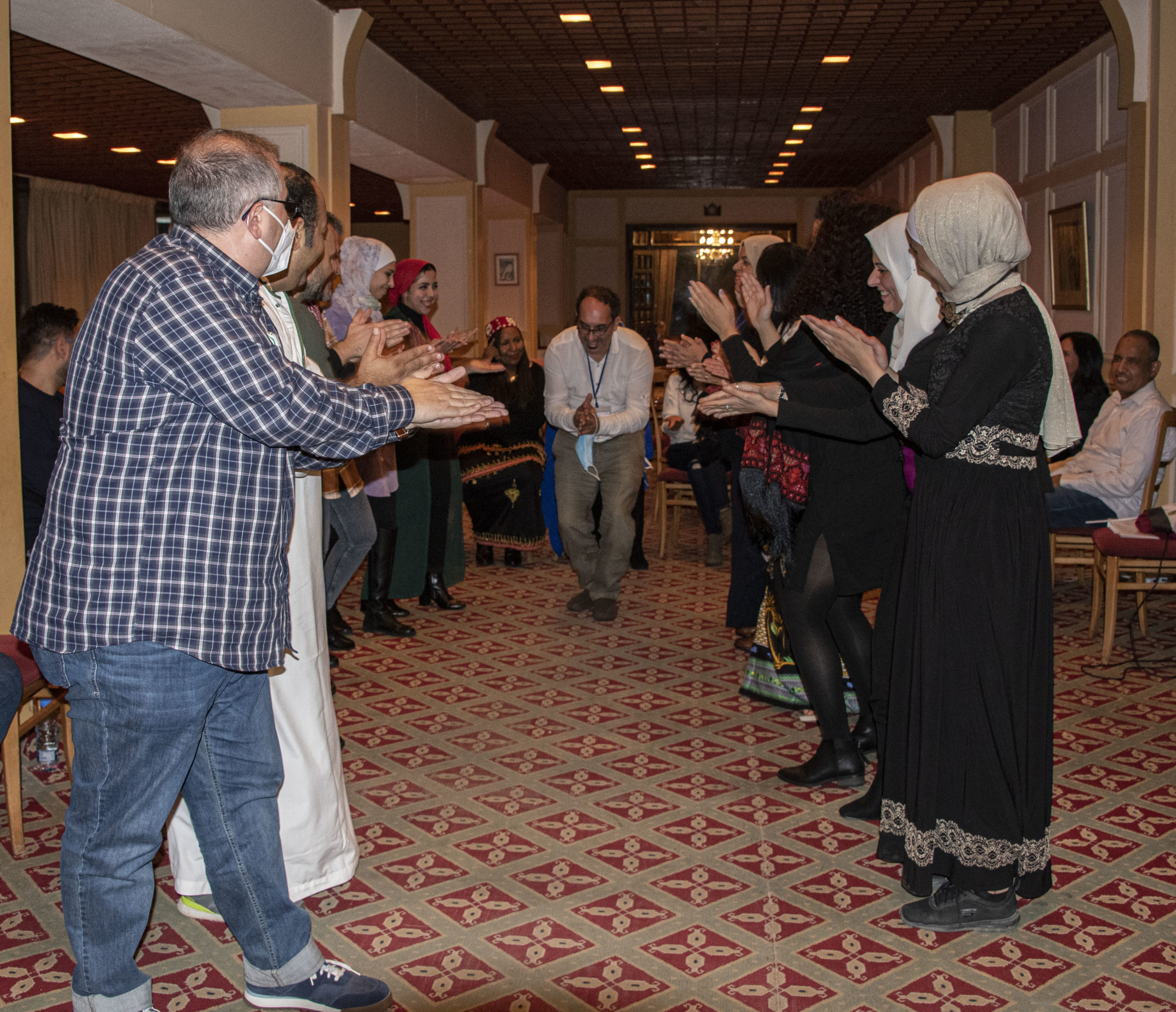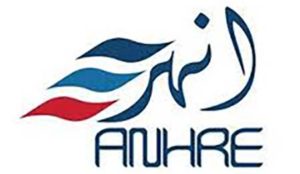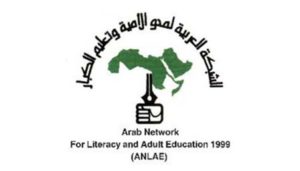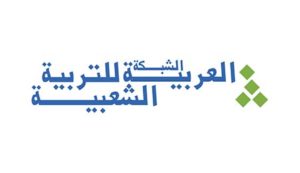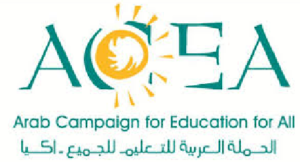ABOUT AHAED
The Arab House for Adult Education and Development (AHAED), based in Beirut, Lebanon is a regional innovation initiative. It was born out of strategic and long-term partnership between the Arab Network for Popular Education (ANPE), the Arab Network for Literacy and Adult Education (ANLAE), the Arab Campaign for Education for All (ACEA), the Arab Network for Civic Education (ANHRE), and in partnership with the International Cooperation Foundation of the German Association for Adult Education (DVV International). After years of dialogue and the joint effort by the different partners, the idea of the “Arab House” matured and came to be known.
The Arab House for Adult Education and Development (AHAED) was established as a formal network in 2019, came to serve as an umbrella for many institutions and bodies concerned with adult education and learning in the Middle East and North Africa. It focused on advancing dialogue on adult education and learning in the region; provided space for networking, and shared best practices and helped expanded the work of its members across the region. The Arab House became more than a global and regional reference for adult education learning in the Arab world; more like a peaceful-interactive reference. Its success is measured by its ability to develop and renew the thought, experiences, and approaches to adult learning. Its strength stems from the work of its founding members, partners, and participations in the Arab Academy over the years. AHAED’s vision stems from and individuals right to lifelong learning and education without discrimination, and in line with SDG 4 on sustainable education.
AHAED was able to catalyze the regional need to address adult education learning in the Arab region through collective work of regional networks with strong constituents on the ground.
It is the home of the four networks!
AHAED is a catalyst for educational change, both public and private, in the Arab world, by
- Providing a unified base for adult education in the Arab world.
- Striving to create education and change through shared dialogue, interaction and exchange among the different partners and stakeholders.
- Striving to amend local laws to harmonize the development of education as a tool for change.
- Working to improve quality education and motivate governments to ask for the Academy’s help in developing education.
